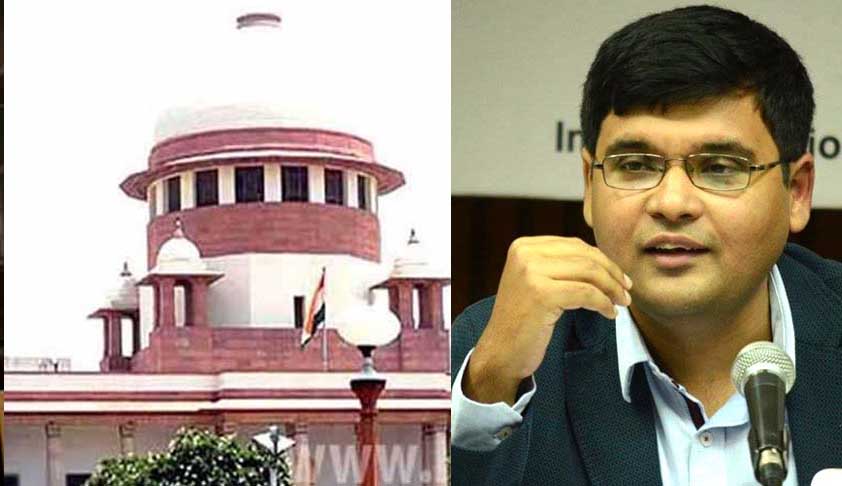As Government Seeks To Justify Aadhaar For IT Returns, More New Grounds Emerge To Weaken Its Case
LiveLaw Research Team
3 May 2017 9:19 PM IST

Next Story
3 May 2017 9:19 PM IST
The battle-lines are clearly drawn between the petitioners and the Union of India in the Supreme Court’s hearing of the challenges to Section 139AA of the Income Tax Act, which makes the Aadhaar number mandatory for filing Income-Tax returns from this year.Justices A.K.Sikri and Ashok Bhushan today heard Arghya Sengupta, and Zoheb Hossain, AOR, arguing for the Union of India. The bench...
